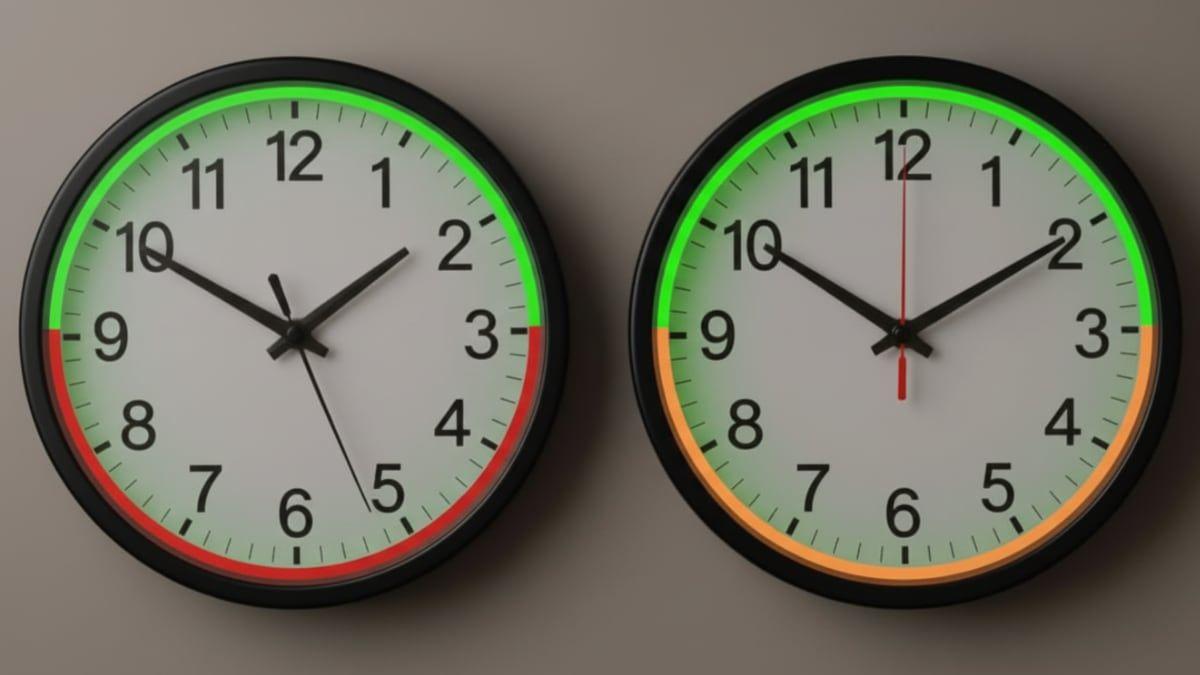International research confirms that beta-blockers, routinely prescribed for four decades, do not benefit the majority of heart attack survivors
Macro study confirms that millions of people take heart attack drugs unnecessarily: "We will save millions of euros"
International research confirms that beta-blockers, which have been routinely prescribed for four decades, provide no benefit to most heart attack survivors.
Cardiologists Valentin Fuster and Borja Ibanez explain that rarely does a single scientific study have a beneficial impact on the daily lives of millions of people.A few months ago, his team presented the results of a clinical trial with 8,500 volunteers that showed beta-blockers — drugs prescribed for life after a heart attack for decades — "provide no benefit" to most of these patients, who maintain their heart's pumping capacity."We're talking about tens or hundreds of millions of people worldwide, which is outrageous," Ibanez summarized in a room at the National Center for Cardiovascular Research (CNIC) north of Madrid.However, his conclusions were met with some skepticism.The Ministry of Health's number two, family doctor Javier Padilla, went on to confirm that there were "contradictory articles in this field" and criticized "the siren song of the most remarkable findings".
The controversy affects millions of people who take one or two of these tablets every day.Beta blockers can save your life if you have arrhythmias, chronic heart failure, or heart problems.These drugs cause your blood vessels to dilate, which lowers your blood pressure and heart rate, but they often have unwanted side effects, such as chronic fatigue and decreased sex drive.You should not use them.Take only if there is a genuine medical reason.The Spanish team will announce new results this Sunday, this time "irrefutable", according to Ibanez, scientific director of the CNIC.The authors analyzed data from five clinical trials in eight countries, with approximately 18,000 participants, and confirmed the previous conclusion: everywhere beta-blockers are not necessary in patients who, after surviving cardiac arrest, maintain adequate contractile activity in the heart.
Ibazi does the math.He estimates that in Spain alone there may be 1.2 million people who take beta blockers every day without a prescription, but he points out that there are another 500,000 patients for whom these drugs are recommended.People should not stop treatment without first consulting their cardiologists, Ibaz and Foster cautioned.Sunday at the American Heart Association Congress in New Orleans.Their results, presented in (USA), published in The New England Journal of Medicine.
Valentin Foster directs the CNIC in Madrid and at the same time heads the Mount Sinai Foster Cardiac Hospital in New York, which has been named for two years.A leading cardiologist says he stopped prescribing beta-blocker drugs to his patients after a sudden heart attack a decade ago.It was not an easy decision, he explains.Foster was a student of British physician Desmond Julian half a century ago, when the benefits of beta-blockers prompted clinical trials after heart attacks.However, the drug's usefulness declined in 2005 after coronary stents, metal mesh tubes that prevent blockages in arteries after heart attacks, became widespread.
"I worked with Desmond Julian, so I went through a lot after he had a heart attack on them ten years ago. The public. Beta inhibitors are drugs from the 1970s, such as Mersactrola, developed by the Pharmaceutical company Merckc and Metoprolol. A box of 40 pills costs about four euros. According to Ibanez's first calculations, they were very cheap, but if a million patients take a daily capsule every yearIf they stop buying euros every year, Ibanez declares, "We're saving millions for the public's health."
The new analysis included nearly 18,000 volunteers, mostly from Spain, Sweden, Norway, Denmark, Italy and Japan.All of them had a heart attack, but without loss of the heart's pumping capacity.Half of the patients received beta-blockers and the other half did not.After nearly four years of follow-up, the doctors noticed similar results in the two groups: About 8 percent of the participants had a major cardiovascular event, whether it was heart failure, a new heart attack or death.face to face.Taking beta blockers or not took them made no difference."This data is accurate," Fuster said.
The previous study, called REBOOT and carried out in a hundred hospitals in Spain and Italy, had found worrying results in women.The authors said at the time that for every 100 patients treated with beta-blockers, there was one death, reinfarction or hospitalization attributable to the drugs themselves.The publication of the Hispano-Italian study coincided with a similar study carried out in Denmark and Norway but involving fewer patients.The results seemed contradictory.The Nordic study, which included 5,600 volunteers, appeared to be inconsistent.The study found that beta blockers slightly reduced the risk of death or serious cardiovascular events.When all the data were analyzed together, the supposed beneficial effect disappeared.In addition, the possible harmful effect on some women was no longer considered statistically significant.
In 2014, the European Society of Cardiology commissioned Borja Ibáñez to prepare its guidelines for the treatment of heart attacks, a problem that affects two million people on the continent every year, 70,000 of them in Spain.The cardiologist says he has found an absolute lack of evidence for the current effectiveness of beta-blockers in uncomplicated heart attacks, despite millions of people taking them every day.Thus was born the idea of putting them to the test."The result is revolutionary," says Ibanez, who understands the skepticism two months ago."People in general, and the medical community is no different, are very afraid of change, but among people who specialize in heart attacks, this data did not surprise anyone," he says.
Ibáñez and Fuster predict that treatment guidelines for heart attacks around the world will change immediately.Among the main authors of the new study are Danish cardiologist Eva Prescott, Japanese Neiko Ozasa and Spaniard Xavier Rossello.The president of the Spanish Society of Cardiology, Ignacio Fernandez Lozano, also believes that this international analysis “resolves” doubts.“Currently, 70% of patients without significant consequences or damage after a heart attack, with preserved heart function, do not benefit from beta blockers, so there is no point in giving them,” he summarizes.This cardiologist at Madrid's Puerta de Hierro Majadahonda public hospital insists that no one stops treatment without first consulting their doctor.
Your subscription is being used on another device
Would you like to add another user to your subscription?
If you continue reading on this device, you won't be able to read it on the other device.
Arrow Your subscription is being used on another device and you can only access EL PAÍS from one device at a time.
If you want to share your account, change your subscription to Premium mode so you can add another user.Everyone will sign in with their own email account, allowing you to personalize your EL PAIS experience.
Have you registered a business?Go here to register for multiple accounts.
If you do not know who is using your account, we recommend that you change your password here.
If you choose to continue sharing your accountThis message will appear on your device and the devices of other people using your account indefinitely.This affects your reading experience.You can view the digital subscription terms and conditions here.








